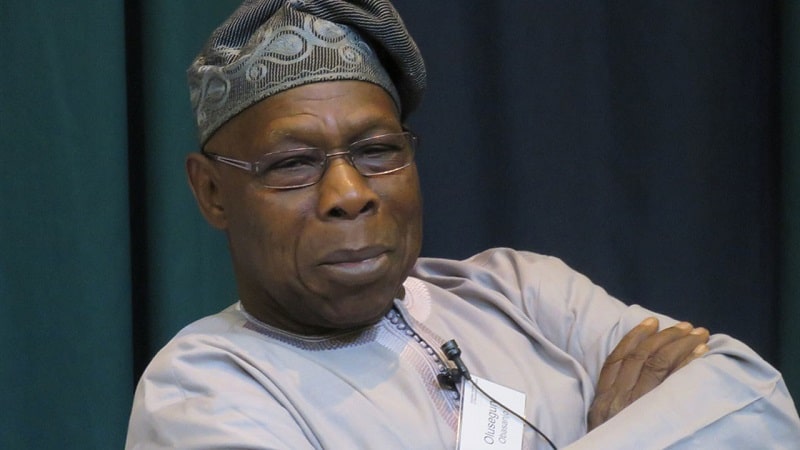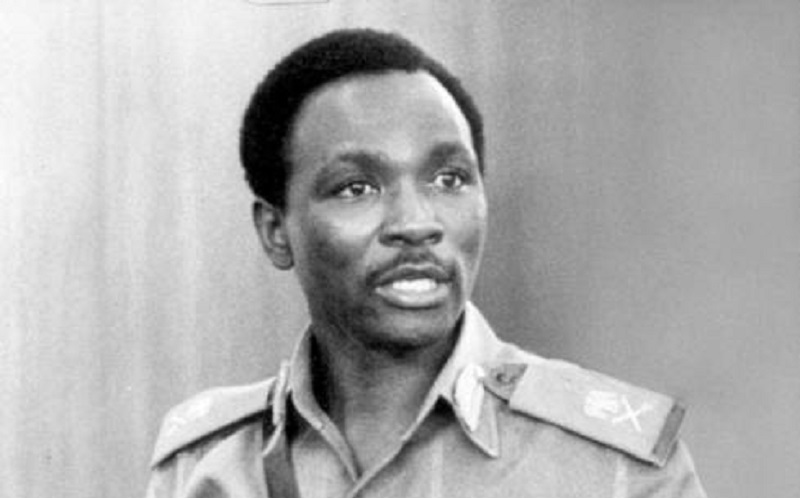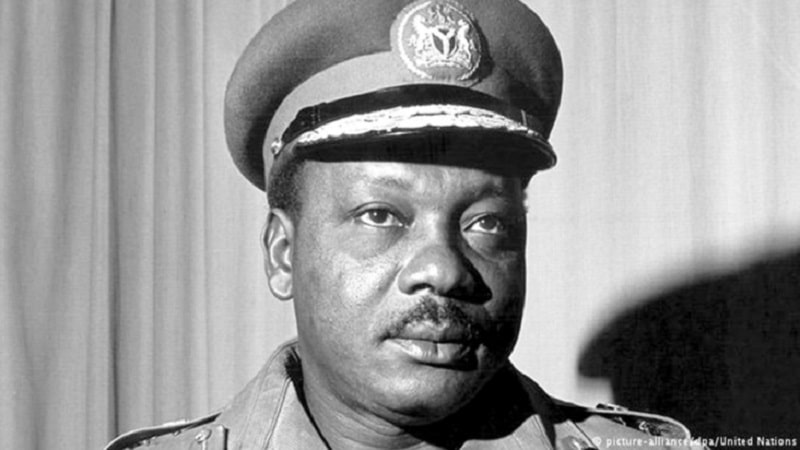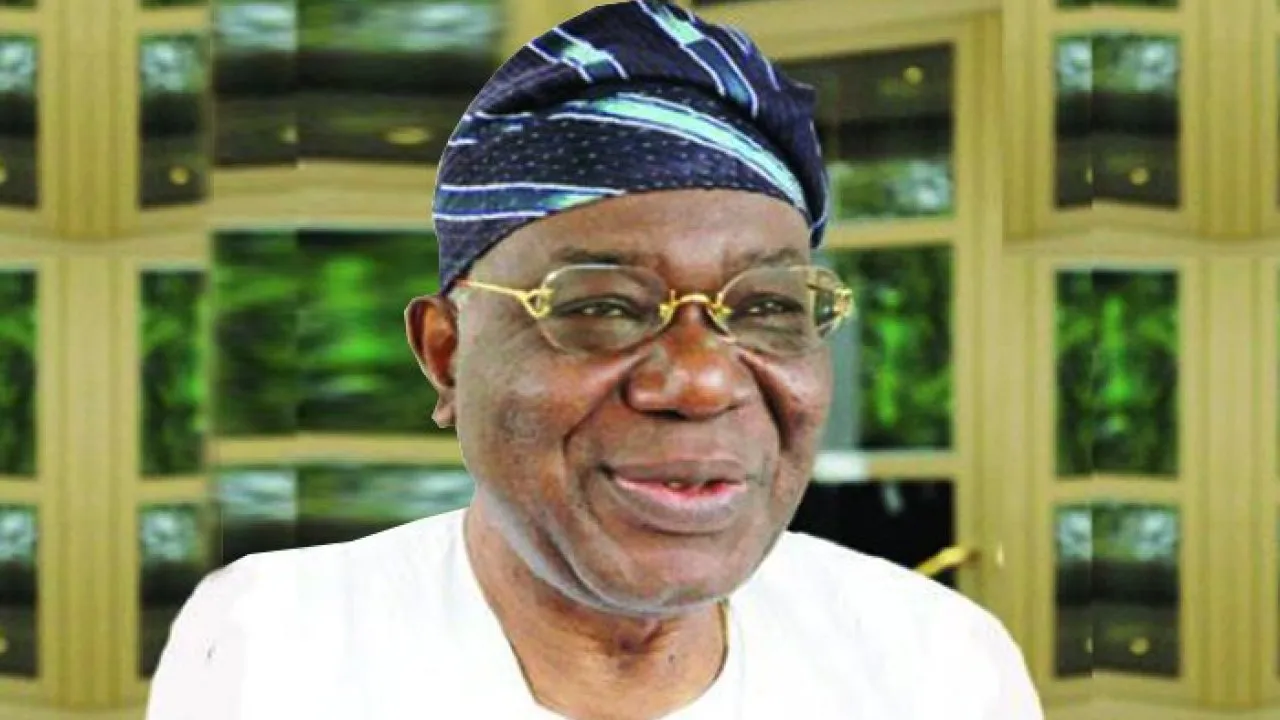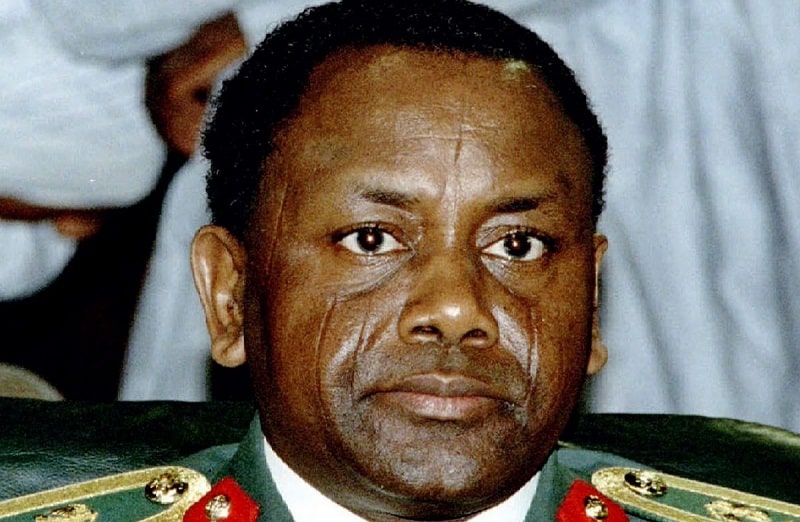General Ibrahim Babangida (Former Head of State – (1985-1993)
General Ibrahim Babangida
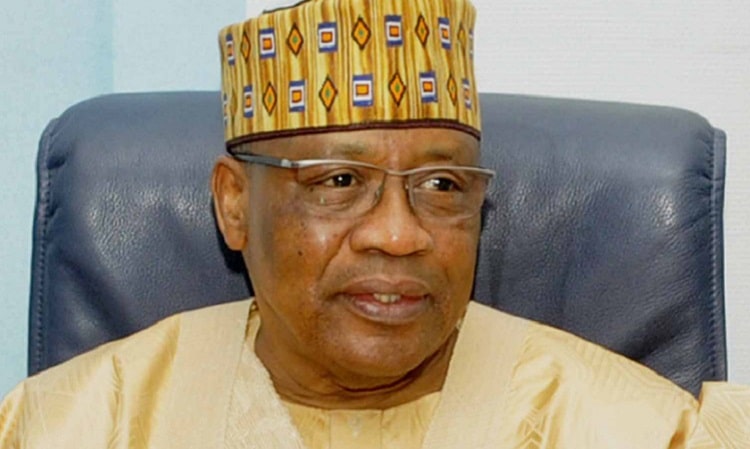
General Ibrahim Babangida served as the military ruler of Nigeria from 1985 to 1993. His tenure in office was marked by significant changes in Nigeria’s political and economic landscape, including the introduction of economic reforms, the creation of new states, and the transition to a democratic government. Recently, on Thursday, February 20, 2025, General Ibrahim Babangida launched his autobiography, A Journey in Service, at the Transcorp Hilton Hotel in Abuja, Nigeria. The memoir provides an in-depth account of Babangida’s life, his journey from childhood to his time as Nigeria’s leader, while offering his perspectives on the country’s political development during his tenure.
| List | President’s Information |
|---|---|
| Name | Ibrahim Badamasi Babangida |
| Date of Birth | August 17, 1941 |
| Age | 81 years (as of 2023) |
| Ancestral Home | Minna, Niger State, Nigeria |
| Native Language | Gwari |
| School Attended | Nigerian Military Training College |
| Career & Occupation | Military Officer, Politician |
| Military Rank | General |
| Height | N/A |
| Known As | IBB |
| Citizenship | Nigerian |
| Residence | Minna, Niger State, Nigeria |
| Religion | Islam |
| Wife’s Name | Maryam Babangida |
| Children’s Name | Aisha Babangida, Halima Babangida, Mohammed Babangida, Aminu Babangida |
| Assumed Presidential Office | August 27, 1985 |
| Left Presidential Office | August 26, 1993 (8 years in office) |
| Political Party | Non-partisan (Military Government) |
Babangida’s Early Life
Ibrahim Babangida was born on August 17, 1941, in Minna, Niger State, Nigeria. He received his early education in Nigeria before joining the Nigerian Army in 1962. Babangida rose through the ranks of the army, eventually becoming a Major General in 1983.
In August 1985, Babangida led a military coup that overthrew General Muhammadu Buhari’s government. He was subsequently appointed Head of State and Commander-in-Chief of the Armed Forces, with a mandate to restore order and stability to the country.
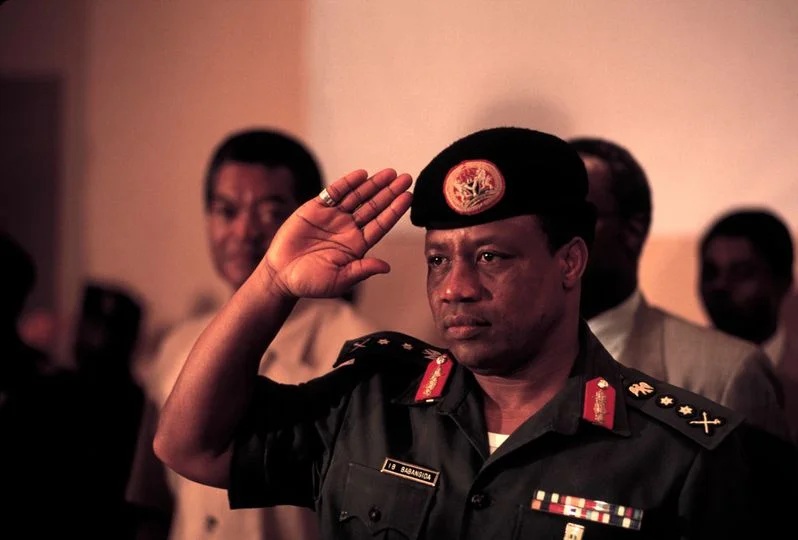
Babangida’s Policies and Achievements
Babangida’s tenure introduced several economic reforms aimed at liberalizing the economy and attracting foreign investment. These reforms included the privatization of state-owned enterprises, the deregulation of the economy, and the devaluation of the Naira.
Babangida also oversaw the creation of nine new states, bringing the total number of states in Nigeria to 30. He introduced a new constitution in 1989, which paved the way for the transition to a democratic government. Under his leadership, Nigeria played a prominent role in African affairs, particularly in efforts to end apartheid in South Africa.
Despite his efforts to modernize Nigeria’s economy and political system, Babangida’s government was not without its challenges. His economic reforms were criticized by some as being too hasty, while others accused him of human rights abuses.
In 1993, Babangida announced plans to hold a presidential election, which was seen as a major step towards the transition to a democratic government. However, the election was marred by controversy and allegations of fraud, leading to its annulment by Babangida.
Ibrahim babangida’s Achievements
He served as Nigeria’s military head of state from 1985 to 1993 and implemented numerous policies and initiatives during his tenure. Below are ten major achievements attributed to his time in office:
- Economic Reforms and Structural Adjustment Program (SAP): Babangida introduced the Structural Adjustment Program in 1986 to reform Nigeria’s economy. SAP aimed to reduce government expenditure, deregulate the economy, and encourage private sector participation.
- Creation of New States: Under his administration, several new states were created to enhance administrative efficiency and foster regional development. In 1991, he created nine new states, increasing the total number to 30.
- Political Reforms and the Transition Program: Babangida initiated a transition to civilian rule, creating two political parties, the Social Democratic Party (SDP) and the National Republican Convention (NRC). His government conducted elections at various levels, culminating in the controversial annulled presidential election of June 12, 1993.
- Establishment of Financial Institutions: He played a significant role in the establishment of several financial institutions, such as the Nigerian Deposit Insurance Corporation (NDIC) and the Peoples Bank of Nigeria, to stabilize and expand Nigeria’s financial sector.
- Educational Reforms: His administration introduced the 6-3-3-4 educational system, aiming to improve the quality of education by structuring the system to cover six years of primary education, three years of junior secondary, three years of senior secondary, and four years of tertiary education.
- Infrastructure Development: Babangida’s regime invested in significant infrastructure projects, including the construction of roads, bridges, and the Abuja Federal Capital Territory, promoting Abuja as the new capital city.
- Foreign Policy and Regional Leadership: He strengthened Nigeria’s role in regional and international affairs, particularly in West Africa. Babangida was instrumental in the formation and operation of the Economic Community of West African States Monitoring Group (ECOMOG), which aimed to maintain peace and security in the region.
- Agricultural Policies: His government launched various agricultural initiatives, such as the Directorate of Foods, Roads, and Rural Infrastructure (DFRRI) to improve rural infrastructure and boost agricultural productivity.
- Cultural and Sports Development: Babangida’s administration supported cultural and sports development, exemplified by Nigeria’s successful hosting of the FIFA U-20 World Cup in 1999 (though the event’s planning began during his tenure) and the establishment of the National Sports Commission.
- Oil Sector Reforms: His government initiated reforms in the oil sector, including the establishment of the Nigerian National Petroleum Corporation (NNPC) and policies aimed at increasing local participation in the oil industry.
Babangida’s Legacy
Babangida’s tenure in office remains significant in Nigeria’s history. His economic reforms helped to liberalize the economy and attract foreign investment, while his efforts to modernize Nigeria’s political system set the stage for the country’s eventual transition to a democratic government.
His’s legacy also includes his contributions to African affairs. His tenure as military ruler of Nigeria from 1985 to 1993 was marked by significant changes in Nigeria’s political and economic landscape. His economic reforms, introduction of a new constitution, and efforts to end apartheid in South Africa set the stage for Nigeria’s eventual transition to a democratic government.
Books Written By Ibrahim Babangida
Babangida has contributed to literature primarily through speeches and policy addresses compiled into publications. Notably, he released his autobiography in February 2025. Here’s a list of his works:
| Nos. | Book Name | Description | Publication Year |
|---|---|---|---|
| 1 | A Journey in Service: An Autobiography of Ibrahim Babangida | This autobiography provides an in-depth look into Babangida’s life, military career, and tenure as Nigeria’s leader. It offers personal insights into significant national events and decisions during his administration. | 2025 |
| 2 | Federalism and Nation-Building in Nigeria: The Challenges of the 21st Century | A monograph discussing the complexities of federalism in Nigeria and the nation’s efforts toward unity and development in the modern era. | 1993 |
| 3 | Collected Speeches of General Ibrahim B. Babangida: During His Official Visit to Ondo State, January 23-26, 1989 | A compilation of speeches delivered by Babangida during his official visit to Ondo State, reflecting on policy directions and governance. | 1989 |
| 4 | The Dawn of a New Socio-Political Order: An Address to the Nation on the Occasion of the Registration of Two Political Parties | This publication features Babangida’s address concerning the registration of two political parties, marking a significant moment in Nigeria’s political evolution. | 1989 |
| 5 | Kano Jalla Babbar Hausa: Zababbun Jawaban Shugaban Kasa | A collection of selected speeches by President Babangida, presented in the Hausa language, highlighting key national issues and policies. | 1989 |
| 6 | Basic Issues in Nigerian Foreign Policy: IBB’s Foreign Policy Pronouncements (1986-1991) | This book compiles Babangida’s foreign policy statements, shedding light on Nigeria’s international relations and diplomatic strategies during his administration. | 1992 |
| 7 | For Their Tomorrow, We Gave Our Today: Selected Speeches of IBB, Vol. II | A selection of Babangida’s speeches focusing on national service, sacrifice, and the vision for Nigeria’s future. | 1991 |
General Ibrahim Babangida FAQs
Related: Chief Ernest Shonekan (Former President – (1993-1993)
